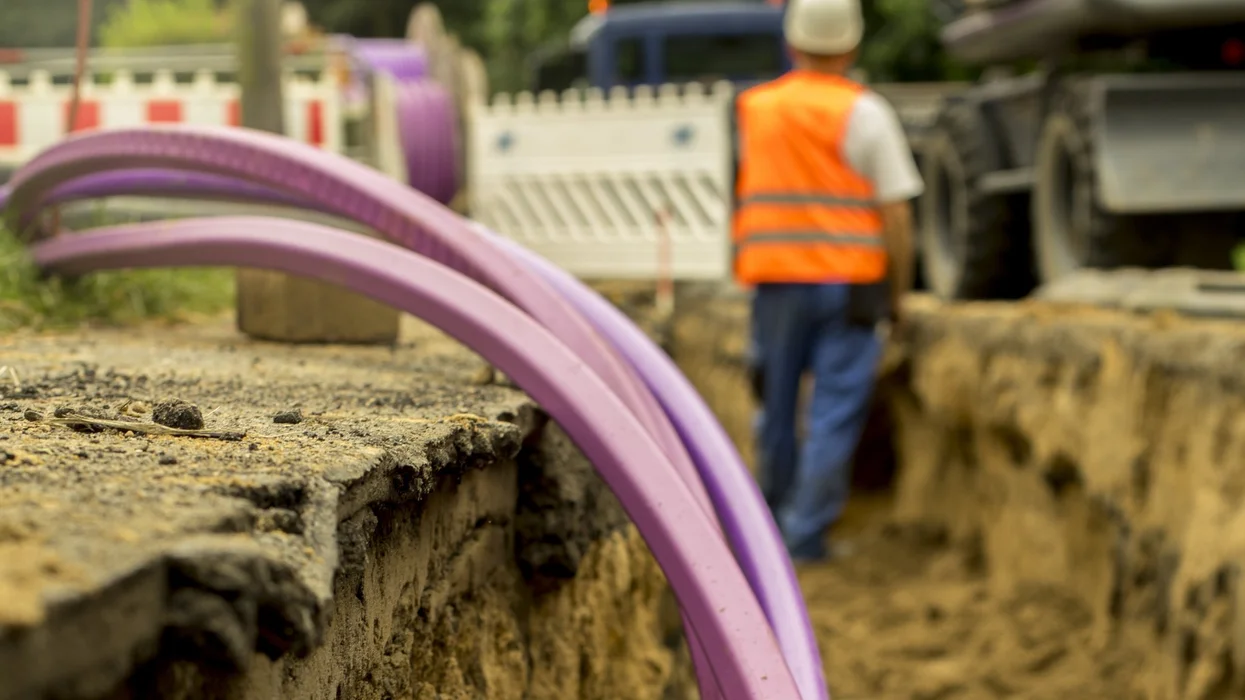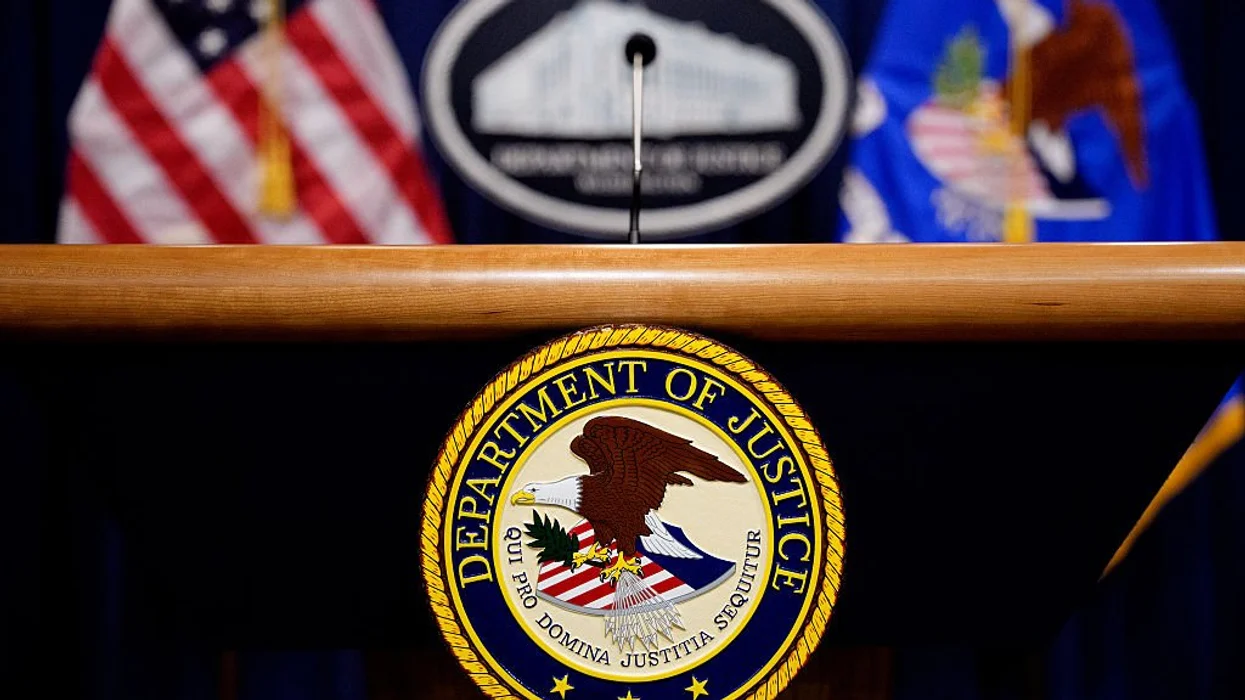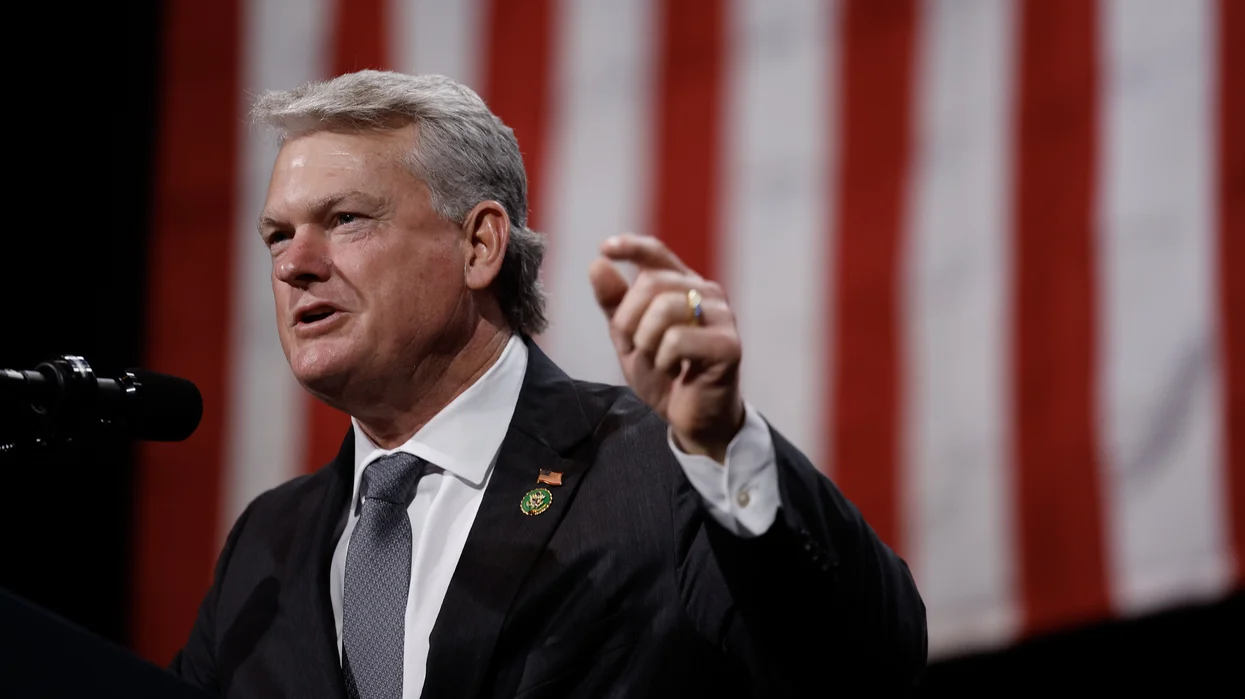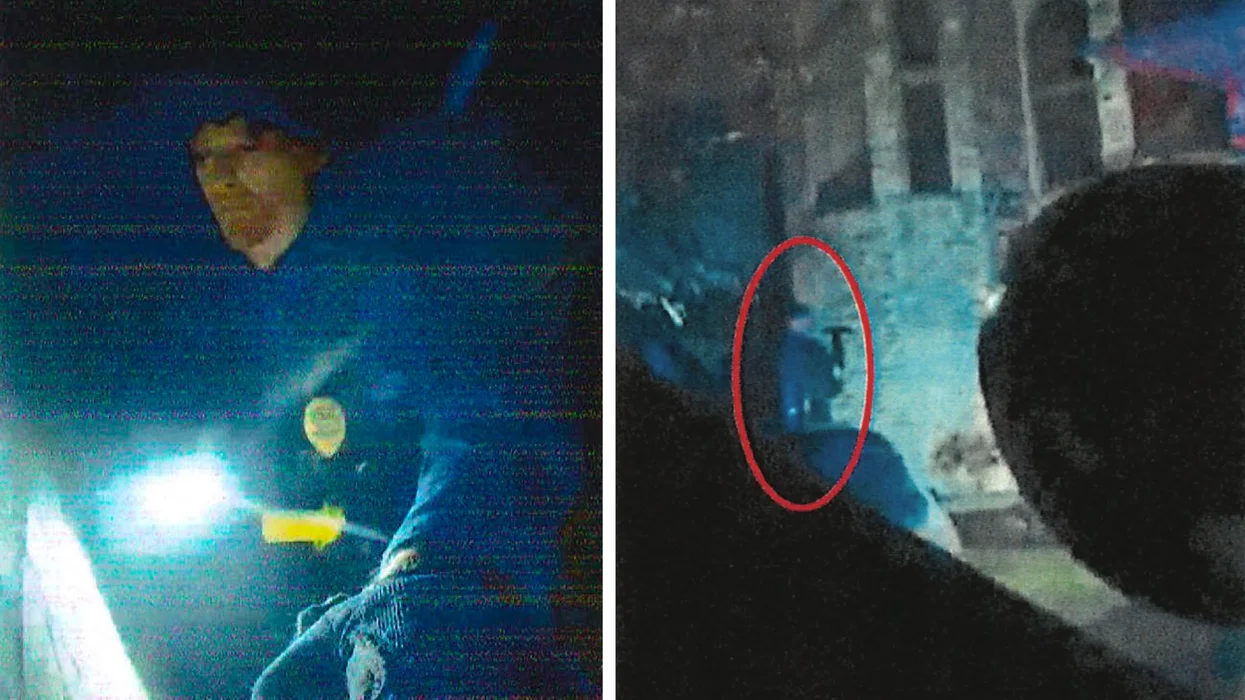 Residents pick-up items at a church which has been turned into a relief supply center following Hurricane Sandy in the Rockaways on January 25, 2013 in New York City. Credit: Getty Images
Residents pick-up items at a church which has been turned into a relief supply center following Hurricane Sandy in the Rockaways on January 25, 2013 in New York City. Credit: Getty Images
In addition to wreaking havoc and rendering thousands of Americans homeless, Hurricane Sandy brought with it yet another nation-wide church-state separatism debate. The focus? Whether Congress should be in the business of financially assisting houses of worship.
While private homes and businesses were dilapidated by the historic storm, Hurricane Sandy also left scores of churches without the funds and support needed to rebuild. The natural question quickly became: Should the Federal Emergency Management Agency help recovery by offering grants to these institutions?
While many Americans would agree that churches, too, should be eligible for government assistance in the wake of nature's wrath, current law actually restricts such an intermingling of religion and state. This naturally offers up quite a conundrum to houses of worship that find themselves in desperate need.
Earlier this month, in an effort to rectify the situation, the House of Representatives voted in support (354 to 72) of the Federal Disaster Assistance Nonprofit Fairness Act of 2013 (H.R. 592). The measure, sponsored by Rep. Christopher H. Smith (R-N.J.), was opposed by 66 Democrats and six Republicans.
The bill, voted upon on Feb. 13, would amend the Robert T. Stafford Disaster Relief and Assistance Act to include churches as non-profit institutions that are entitled to FEMA aid when the president declares a natural disaster. The bill is now moving on to the Senate where its future is uncertain.
To provide more context regarding what's being proposed, here's a summary description of the House measure as it currently stands:
Federal Disaster Assistance Nonprofit Fairness Act of 2013 - Amends the Robert T. Stafford Disaster Relief and Emergency Assistance Act to include community centers, including tax-exempt houses of worship, as "private nonprofit facilities" for purposes of disaster relief and emergency assistance eligibility under such Act.
Makes a church, synagogue, mosque, temple, or other house of worship, and a private nonprofit facility operated by a religious organization, eligible for federal contributions for the repair, restoration, and replacement of facilities damaged or destroyed by a major disaster, without regard to the religious character of the facility or the primary religious use of the facility.
Makes this Act applicable to the provision of assistance in response to a major disaster or emergency declared on or after October 28, 2012.
 A rescue center is being organized by volunteers in the gymnasium next to St Gertrude's Church as New York recovers from Hurricane Sandy on November 4, 2012 in Far Rockaway, New York. Credit: AFP/Getty Images
A rescue center is being organized by volunteers in the gymnasium next to St Gertrude's Church as New York recovers from Hurricane Sandy on November 4, 2012 in Far Rockaway, New York. Credit: AFP/Getty Images
While some would call this a common-sense corrective measure that helps to remove discriminatory practices waged against churches, others disagree and have fears about how far this bill might be taken. Critics charge that public funds would potentially end up paying for exclusively-religious content inside of churches and not merely the structural damages that result from natural disasters.
"Using federal money to build a religious sanctuary of any faith is exactly what the Founding Fathers wanted to prevent," writes Alfred P. Doblin, editorial editor of The Record.
According to Doblin, FEMA isn't supportive of the measure, expressing fears that the government will end up footing the bill for baptismal fonts, stained-glass windows and other exclusively religious elements. If these items are damaged in storms, the worry is that churches will ask the government to replace them, creating a potentially-troubling entanglement. He went on to call the bill a "slippery slope" that America "should not ski."
The Baptist Joint Committee for Religious Liberty, a church-state separatist group, agreed. BJC Staff Counsel Nan Futrell wrote a letter claiming that public funding would endanger the Establishment Clause and create murky scenarios for the separation of church and state.
"Public funding of houses of worship threatens to undermine religious autonomy and impermissibly involve government in the private affairs of religious bodies," Futrell wrote in her letter. "It is simply not a good idea -- however our heartstrings are tugged -- to give churches access to the public till."
But others, like Sen. Kirsten E. Gillibrand, a Democrat from New York, said that she supports giving grants to houses of worship. Pledging to support the bill in the Senate, she noted that churches like St. Francis de Sales Catholic Church in Queens, N.Y., among others, have provided much-needed aid to storm victims. Gillibrand believes that churches should have the same protections that zoos, museums, libraries and other community groups are granted.
 Donated goods inside St Gertrude's Church as New York recovers from Hurricane Sandy on November 4, 2012 in Far Rockaway, New York. Veterans of the campaign to bring Wall Street to a standstill are now in an army of volunteers helping the tens of thousands in a crippled district of New York one week after superstorm Sandy struck. Credit: AFP/Getty Images
Donated goods inside St Gertrude's Church as New York recovers from Hurricane Sandy on November 4, 2012 in Far Rockaway, New York. Veterans of the campaign to bring Wall Street to a standstill are now in an army of volunteers helping the tens of thousands in a crippled district of New York one week after superstorm Sandy struck. Credit: AFP/Getty Images
And Christine C. Quinn, a Democrat and the speaker of the New York City Council, has joined in Gillibrand's call for a change to FEMA's policies. But rather than urging legislative action, she wrote a letter simply asking the agency to consider the massive need churches have in the wake of the storm.
"Recovery from a natural disaster like Hurricane Sandy isn’t a matter of state sponsoring religion," she wrote. "It’s a matter of helping those in need after one of the worst natural disasters our country has ever seen."
FEMA, though, has continued to express concern, noting that lawsuits would likely follow if the bill becomes law. Additionally, there's disagreement from legal experts over whether it parameters are constitutional. While the American Civil Liberties Union argues that they are not, the Becket Fund for Religious Liberty claims the opposite.
Considering both sides of the argument, what do you think? Should the federal government help churches as it does other non-profit organizations -- or is this a violation of the U.S. Constitution? Take the poll, below:
Should Congress Fund Churches?

 Residents pick-up items at a church which has been turned into a relief supply center following Hurricane Sandy in the Rockaways on January 25, 2013 in New York City.
Residents pick-up items at a church which has been turned into a relief supply center following Hurricane Sandy in the Rockaways on January 25, 2013 in New York City. 




